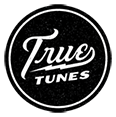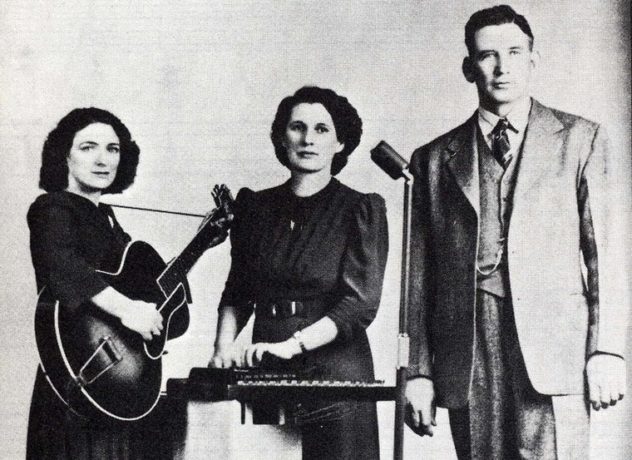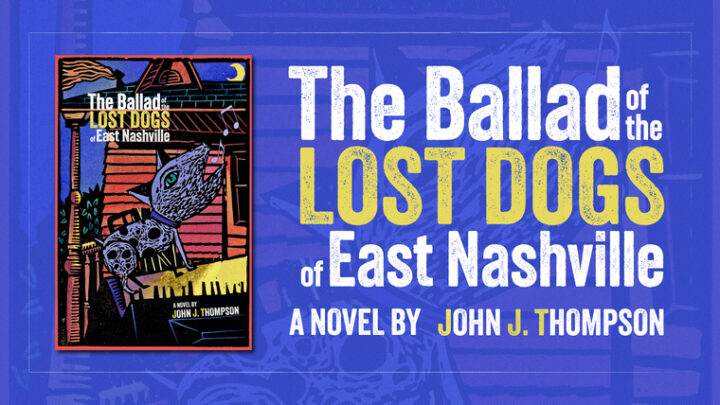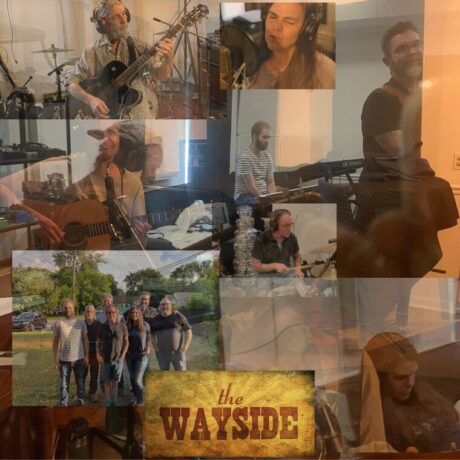Across Generations; The Carter Family’s Circle Remains Unbroken

Album Review by Brian Quincy Newcomb
To be honest, I had to come to an appreciation of anything resembling country music the hard way. Growing up in the cross-hairs of conservative Christianity, a preacher’s kid who grew up surrounded by the sounds of Southern Gospel (which was code for white people music) and traditional hymnody, I quite naturally turned to rock & roll for salvation. Entering my teen years as the Beatles were breaking up, I was drawn to any and every style of rock music. Sometimes, rock music led me back to an appreciation of foundational roots music. I found an appreciation for the blues by listening to the Allman Bros., and my window into classical music was opened by bands like Yes, Emerson, Lake & Palmer, and Genesis.
It turns out country music was in my blood, but my social climate produced an antibody of resistance. One set of family stories about my Mother’s childhood, the middle child of 9, was that she grew up in a four-room shot-gun house across the street from her small Indiana town’s main watering hole. Sometimes, on Saturday nights, my grandfather played slide guitar, and my mother and her sisters sang traditional country harmonies with pick-up bands on the sidewalk as drunks from the bar would wander out to dance and sing. Of course, the sisters were required to sing in church the next morning, putting those same harmonies to work for the Lord.
In the 40’s and early 50’s when my mother was a teen, there were no more popular country music singers than “The Carter Sisters with Mother Maybelle,” appearing regularly on the Grand Ole Opry radio show. Maybelle Carter, celebrated for her innovative guitar playing, was the sister-in-law of songwriter A.P. Carter, and together with his wife, her cousin, Sara, they were the original Carter Family, appearing live on a border radio station out of Ciudad Acuna, Mexico, with a powerful 500,000 watts that broadcast from coast to coast across North America. When the group broke up, Maybelle kept the family’s catalog of material alive, singing and performing with her daughters, Helen, Anita, and June. June eventually married Johnny Cash, bringing the singing sisters and their mother into his traveling music show.
On this album, John Carter Cash, the son of Johnny and June, brings together five generations of the Carter clan, tapping old tapes shared between Maybelle and her cousin Sara, as well as the backlog of homemade recordings by Johnny and June, mixed with the voices of their descendants, including then 2-month-old baby Grace June Cash, who adds her “coo” to the thirty cousins singing “Will The Circle Be Unbroken.”

According to the Ken Burns documentary mini-series, Country Music, which aired recently on PBS, “Will the Circle…” was a song that A.P. Carter had learned from an African American preacher and friend, that he then adapted and rewrote as “Can the Circle Be Unbroken (By and By)?” The song has been covered by everybody and their sister, including Bob Dylan & The Band, The Staple Singers, the Neville Brothers, Black Crowes and even, Moby. Most famously, in 1972, Maybelle sang the song with The Nitty Gritty Dirt Band, on their popular double album of the same name, kicking off one of the late 20thCentury’s country music revivals. That may be the most famous of A.P. and the Carter Family’s early repertoire, but the younger Cash has included some of AP’s lesser known classics on Across Generations as well, including “Foggy Mountain Top,” “Diamonds in the Rough,” “Worried Man Blues” and “My Clinch Mountain Home.”
Of course the interest in traditional country music didn’t begin with Burns’ TV doc. While modern country has embraced sounds that have obvious connections to “classic rock” and even hip-hop influenced pop, there has always been a resistance, whether it was tied to veteran country artists like Johnny Cash, George Jones, Willie Nelson, and loose affiliations like the Highwaymen, there has long been a tension between what was traditional and what was “popular.” But in 2000, the music curated by T Bone Burnett for the soundtrack of the Coen Brothers’s film, O Brother, Where Art Thou, introduced mainstream audiences to roots music artists like Ralph Stanley, Norman Blake, Alison Krauss, Emmylou Harris, Gillian Welch (and a host of others) and the vast library of classic folk and country music. The profound interest in the soundtrack evolved into a tour, a live recording, and a concert documentary filmed at the Ryman Auditorium, home of the former “Grand Ole Opry.”
On Across Generations, Carter Cash avoids the temptation to “freshen up” the arrangements – there are no drums or modern pop instrumental embellishments. There’s plenty of acoustic guitar strumming, autoharp and upright bass, but the focus is on these classic songs, and the combined voices and harmonies of a variety of family members. Most of these songs go all the way back to the original trio, A.P., Maybelle and Sara, many written directly by A.P. Carter himself. We hear Sara’s voice at the beginning of the opening track, the traditional “Farther On,” before she is joined by some of her descendants; Adrianna Cross and Dale Jett, fifth and third generation respectively. The younger generation distinguish itself especially on “Maybelle” a tribute written by Danny and David Carter Jones, in 1978 at the passing of their grandmother.
“Will the Circle Be Unbroken” brings over 30 voices of the current family together, and the album closes with a recording of Mother Maybelle playing a song to tape for her cousin Sara on her electric autoharp, titled “Maybelle’s New Tune.” But really, nothing here is really new, even if songs like “Worried Man Blues,” “Diamonds in the Rough” and “My Clinch Mountain Home” deal with thoughts and feelings that are just as relevant today as when they were first written. Which points to why efforts like Across Generationsmatter – these songs speak to our humanity and connect us across time and geography. For me, someone who grew up listening to my own mother sing in a Gospel quartet, hearing the women of the Carter Family singing these classic songs reminds of more than a little of my childhood, and for many of us they represent the sweet harmonies of home.




